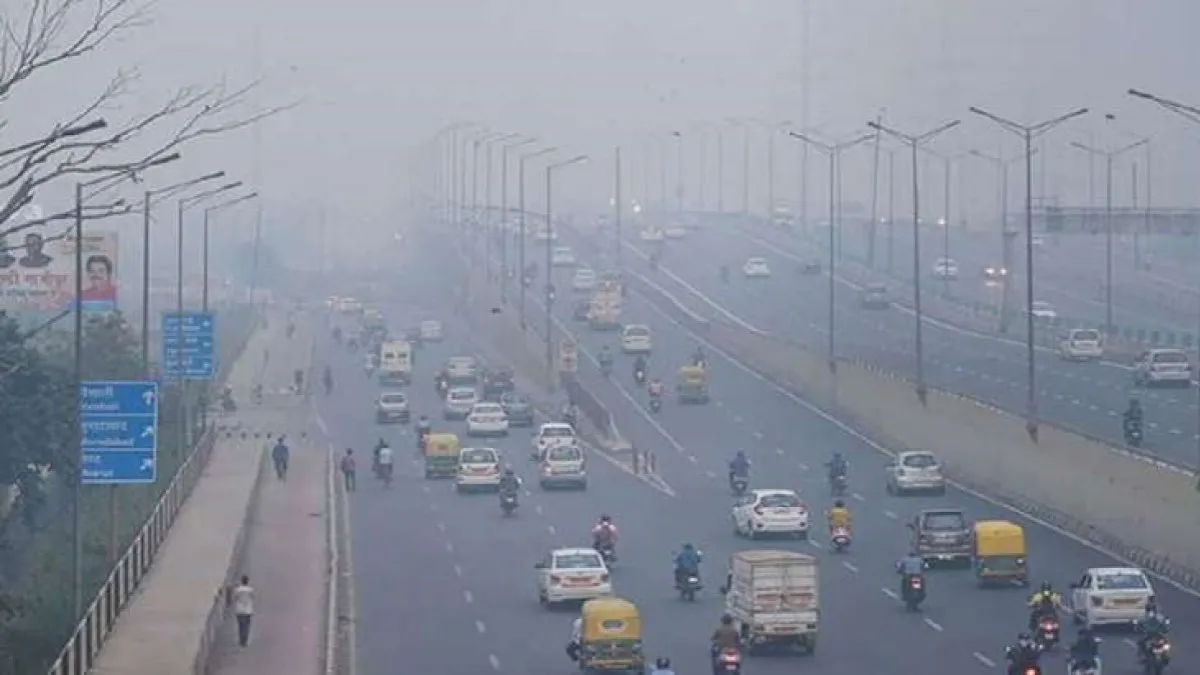
Fresh pollution curbs came into force in Delhi on Friday as the national capital’s air quality deteriorated to the ‘poor’ category. The Commission for Air Quality Management (CAQM) invoked restrictions, including a ban on diesel generator sets, under Stage II of the Graded Response Action Plan (GRAP) in response to the rising air pollution levels in the city.
This comes after Delhi's 24-hour average air quality index rose to 270 on Thursday, and the India Meteorological Department warned that the AQI is expected to reach the ‘very poor’ category in the coming days.
Consequently, it was decided that all actions under Stage II of GRAP would be implemented with immediate effect, including a ban on the non-essential use of diesel generator sets and the use of coal and firewood in tandoors in hotels, restaurants and open eateries.
GRAP is a set of emergency measures that kick in to prevent further deterioration of air quality once it reaches a certain threshold. It brings together multiple stakeholders and authorities to respond to a decline in the air quality in Delhi-NCR.
Emergency measures under GRAP are implemented incrementally in four stages depending on the severity of air pollution. The latter is determined by air quality index (AQI). When particulate matter (PM) 2.5 level in the air is between 61 and 120, it is considered ‘moderate to poor’ AQI; 121 to 250 is ‘very poor’, 251 to 350 is ‘severe’ and more than 350 is ‘severe plus’.
The first stage of GRAP is imposed when air quality is in the ‘poor’ category. The government imposes heavy fine on garbage burning and sweeping without sprinkling water. The action also includes sprinkling water on roads with heavy vehicular movements.
When the air quality is observed in the 'very poor' category, the next phase is rolled out, necessitating a ban on diesel generators, increased parking fee, increased bus and metro frequency and issuing advisories for children, elderly and people with respiratory problems to remain indoors.
